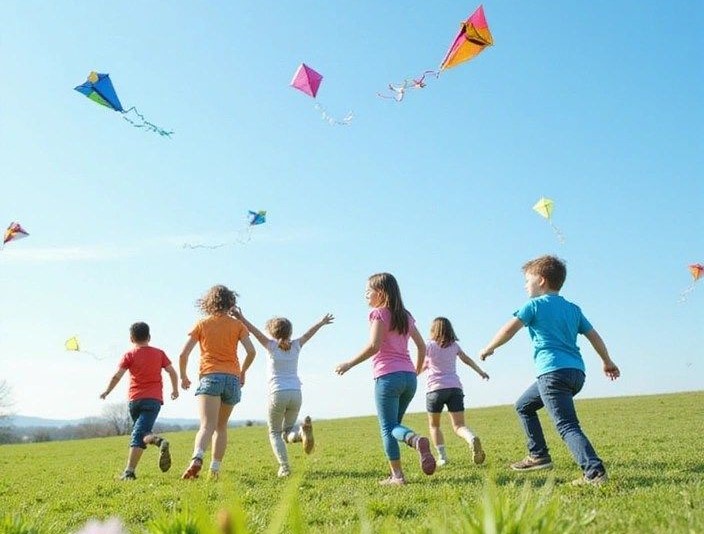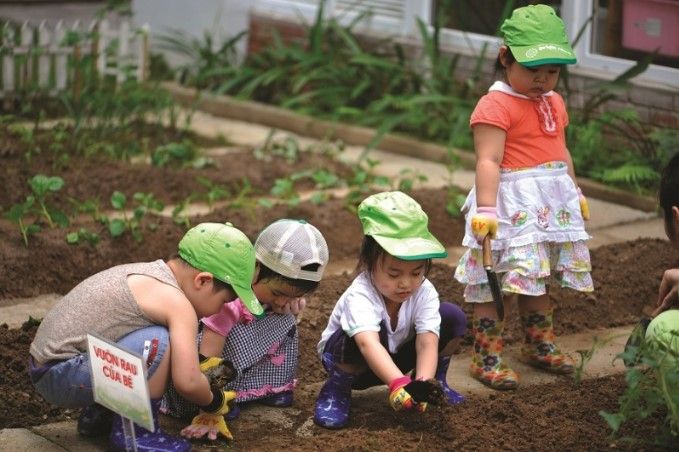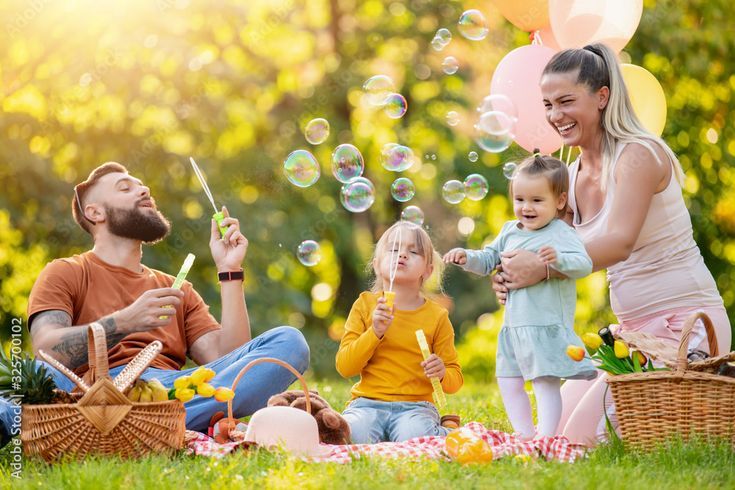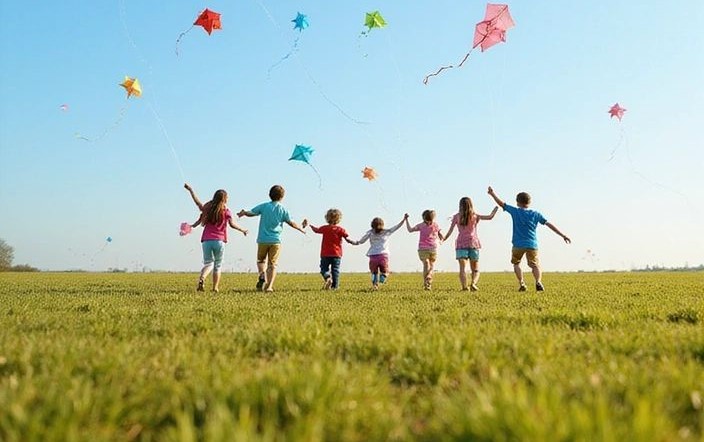Have you ever wondered why your child can remember how to make bubble tea after one hands-on session, but quickly forgets a math formula?
The answer lies in experiential learning — the method of learning through doing. Instead of sitting and listening passively, children use their senses, emotions, and actions to absorb knowledge. This makes learning deeper, more memorable, and more meaningful.
Hands-on experiential activities help children learn essential skills.

Experiential Learning — The Key to “Deep Learning”
Children are naturally curious and eager to explore. When they participate in real-life activities such as baking, cooking, gardening, or making beverages, they connect theory with practice. What once seemed abstract suddenly becomes vivid, tangible, and easier to understand.
For example:
-
When kneading dough, children learn about texture changes, effort, and patience.
-
When making chocolate, they understand the journey from cacao bean to final product and appreciate the hard work behind every ingredient.
Why Experiential Learning Helps Children Remember Longer
Children retain knowledge better through experiential learning because:
• They engage multiple senses
Touching, smelling, tasting, hearing, and seeing all at once helps information enter the brain through multiple pathways.
• Emotions strengthen memory
A joyful baking session with friends or parents creates positive emotions — the “glue” that holds memories in place.
• They learn through action
When their hands move, the brain remembers. Doing builds stronger memory than listening or reading alone.
• It eliminates boredom
Dry theory can feel dull, but real-world activities turn learning into an exciting adventure.
Children planting and caring for their own garden — an experiential activity that nurtures life skills, environmental love, and social connection.

Experiential Learning and Life Skills Development
Beyond memorizing knowledge, hands-on activities help children develop crucial life skills:
• Teamwork
Working in groups teaches children to listen, share tasks, and cooperate.
• Creativity
A cake becomes a canvas when children can decorate freely and express their imagination.
• Perseverance & responsibility
They learn that results only come from following steps, waiting patiently, and completing tasks properly.
• Confidence
Creating a product with their own hands gives children a sense of pride and self-belief.
Strengthening Family Bonds Through Weekend Experiential Activities
Modern families often struggle to find “quality time” together.
Weekend experiential activities are a perfect opportunity for parents and children to reconnect through shared experiences.
Whether baking, crafting drinks, or gardening, each family member participates, communicates, and enjoys the process. The result is not just a finished product — it’s a warm, memorable moment that strengthens family ties.

The Global Rise of Experiential Learning
Worldwide, the “learning by doing” approach has long become a cornerstone of modern education.
In Vietnam, experiential learning is rapidly growing as parents recognize that children need more than grades — they need creativity, communication, and social skills.
Hands-on activities related to food, nature, and craftsmanship are increasingly popular in schools, communities, and educational centers — including FnB experience centers, learning farms, and life-skills workshops.
Experiential Learning — A Strong Foundation for the Future
Experiential learning helps children learn faster and remember longer while opening the door to exploration, confidence, communication, and collaboration. Whether baking, gardening, making drinks, or visiting a cacao farm, each activity becomes a vivid “life lesson” learned through real actions and real experiences.
In today’s digital era, screens can offer information —
but only real experiences can offer understanding.
Through touch, smell, movement, and emotion, children gain not only knowledge but also treasured memories with family — moments that stay with them for life.
So this weekend, instead of a quick coffee outing, why not join your child in a hands-on experiential activity?
You may be surprised at how much they grow, learn, and shine — even in just a few hours.
A small experience today can unlock a big future tomorrow.

